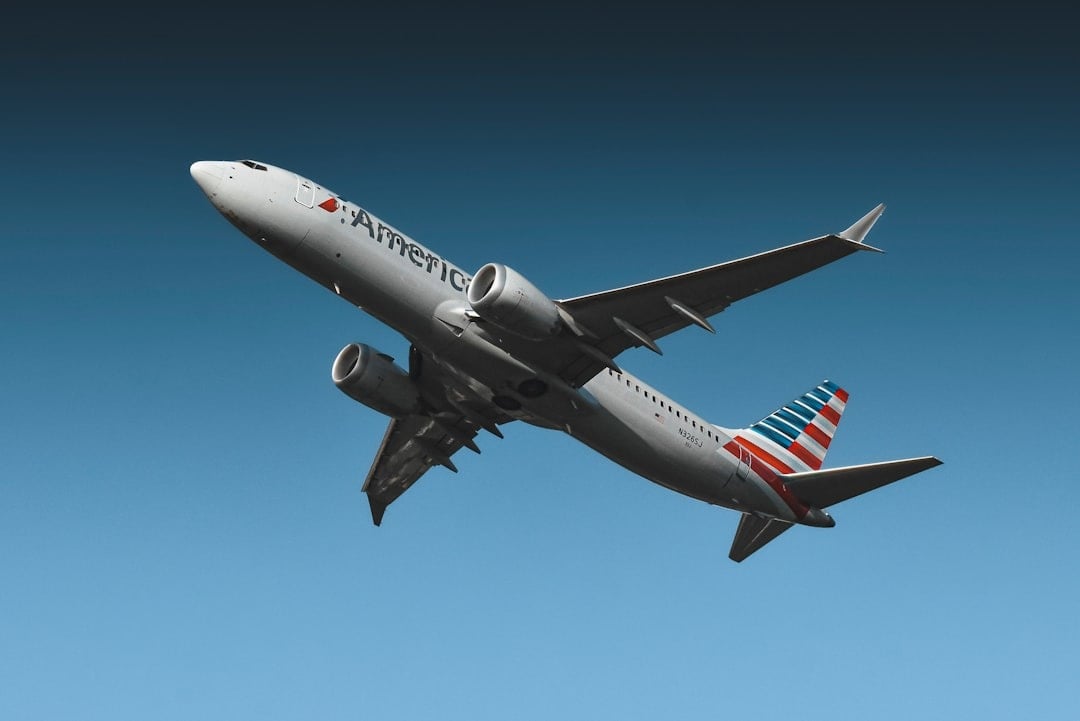American Airlines has launched a high-profile crackdown on a covert market for premium international trips among its flight attendants, firing at least one crew member in August 2025 and investigating others who allegedly used a “secret code” to sell or buy choice routes. The company says the activity—flagged through an internal review from May to August 2025—undermines its seniority-based scheduling system and violates clear rules that forbid any payment for trip trades.
Investigators traced coded terms like “cookies,” “hugs,” and “kisses” to posts and messages used to mask cash deals for desirable flights such as Paris, London, and Rome. The airline warned that trip assignments are the company’s property and cannot be bought, sold, or brokered. In a May 2025 memo to all flight attendants, management banned the use of any coded language to set up trades for money or other items of value and signaled tough discipline for anyone involved.

Investigation timeline and scope
The probe began after an internal audit of the trip trading system uncovered patterns that suggested off-platform payments. According to sources familiar with the review, the company widened the investigation through June 2025, identified more cases, and moved forward with discipline in August 2025. The review continues, and more actions are likely as additional reports come in.
- May 2025: Internal audit flags coded posts linked to cash-for-trip deals.
- May 2025 memo: “Trips are assigned by the company and are not personal property… They cannot be bought, sold, or brokered.” The memo bans coded language.
- June 2025: American Airlines expands the inquiry as more cases surface.
- August 2025: At least one flight attendant is fired; the investigation continues.
American Airlines has not detailed the number of employees under review but has described a zero-tolerance approach.
Seniority system, rules, and penalties
At the center of the dispute is the carrier’s long-standing seniority-based bidding system. Like other legacy airlines, American lets the most senior flight attendants pick their schedules first. This gives long-serving crew access to premium international routes, while newer hires often land less desirable trips or reserve duty.
The airline allows voluntary trip trades between colleagues; however, the rules draw a hard line against any form of payment or gift tied to those trades.
Management’s position:
– Selling trips breaks the promise of fairness that seniority is meant to protect.
– Paid swaps create a shadow market that undermines trust and punishes rule-following crew.
Consequences for violations (the penalties are steep):
– Loss of bidding privileges—effectively pushing an offender’s priority down to new-hire status.
– Automatic schedule assignments during review.
– Possible termination.
“Paid swaps turn a shared system into a pay-to-play arena that harms junior crew and robs senior staff of the value they earned through years of service.” — Company position summarized
Union stance and contract changes
The Association of Professional Flight Attendants (APFA), which represents the airline’s cabin crew, has not pushed back on the crackdown. Union leaders have said they want to protect seniority — a core benefit secured over many years.
Key contract milestones:
– Contract ratified September 12, 2024: A five-year deal adds “objective metrics” to detect schedule abuse and supports strict enforcement.
– From October 1, 2024: Immediate wage increases of up to 20.5%, industry-first boarding pay, and improved compensation for long “sit” times came into effect.
Discipline provisions in the contract:
– Loss of bidding rights.
– Automatic assignment.
– Possible termination for selling or buying trips.
Union leaders argue that clear rules, fair pay, and credible enforcement go together and that this combination keeps the system stable.
Impact on flight attendants
For flight attendants who took part in the scheme, the risks are now plain:
– Immediate loss of schedule self-selection.
– Possible automatic trip assignments while cases are reviewed.
– Potential termination.
For the broader workforce, reactions are mixed:
– Many welcome a long-overdue clean-up.
– Some worry that routine, rule-compliant trades may draw attention.
– Junior attendants may wait longer for coveted runs (Paris, London), but the crackdown reinforces the value of seniority.
Industry implications and oversight
Aviation labor analysts say underground markets are more likely where:
– The gap between senior and junior staff is wide.
– Premium trips are scarce.
American’s high-profile response could prompt other carriers to:
– Reevaluate trip trading policies.
– Improve data monitoring standards.
– Strengthen platform controls and enforcement language.
Federal and industry context:
– The U.S. Department of Transportation’s Aviation Consumer Protection office provides a window into how federal agencies monitor airline practices more broadly: https://www.transportation.gov/airconsumer.
VisaVerge.com reports that airlines and unions are moving toward data-based oversight of scheduling systems. That shift aligns with American’s contract language and could make it harder for shadow markets to take root while giving crews more confidence that rules are applied evenly.
Next steps and guidance
The probe’s next steps include:
1. Continued data review through the rest of 2025.
2. Case-by-case discipline as reports are validated.
3. Potential refinements to the trip trading platform to close loopholes as technology changes.
Flight attendants with questions or seeking guidance:
– American Airlines updates: https://news.aa.com
– APFA contract language and resources: https://www.apfa.org
– APFA media contact: Paul Hartshorn, Jr. at [email protected]
American Airlines and APFA both say they will continue sharing information as the investigation proceeds, and both warn that any attempt to profit from trip trading will bring swift penalties under the current contract and company policy.
This Article in a Nutshell
American Airlines exposed coded cash-for-trip trades among flight attendants, banning “cookies,” “hugs,” and “kisses.” A May memo prohibited coded deals; investigators audited May–August 2025. One firing occurred in August 2025. The union supports seniority protections while the airline tightens monitoring, data oversight, and disciplinary enforcement to protect fairness.













